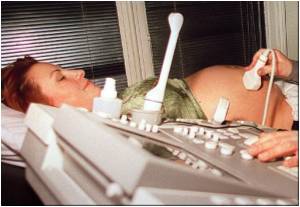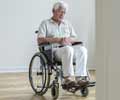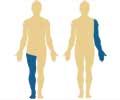
"Major risk factors for cerebral palsy are fetal growth restriction, pre-term delivery, fetal infections, antepartum haemorrhage and multiple pregnancies," he says. Professor MacLennan and his team of researchers are leading the largest study in the world into the genetic causes of cerebral palsy.
"This new hypothesis is a significant step to preventing cerebral palsy. We may now be able to identify pregnancies most at risk, avoid environmental triggers and develop strategies to prevent cerebral palsy, which occurs in 1:400-500 births."
Professor MacLennan says the incidence of cerebral palsy has remained unchanged in 50 years, despite a sixfold increase in elective and emergency caesarean deliveries, and many advances in perinatal medicine.
"No intervention around labour at term has been shown to reduce the risk of cerebral palsy. The outdated assumption that cerebral palsy is often due to birth asphyxia is largely discredited," he says.
The team has been recruiting Australian families to provide genetic samples in the form of cheek swabs to help unravel the mystery of how genetic mutations are linked to cerebral palsy.
DNA from more than 4000 swabs has been extracted to date and researchers are currently analysing these data. "The speed of this research is hampered only by limited funding," Professor MacLennan says.
Advertisement
University of Adelaide researchers have previously shown that magnesium sulphate may help reduce the risk of cerebral palsy in very pre-term pregnancies. Head cooling in selected newborn infants is also being tested.
Advertisement
Source-











